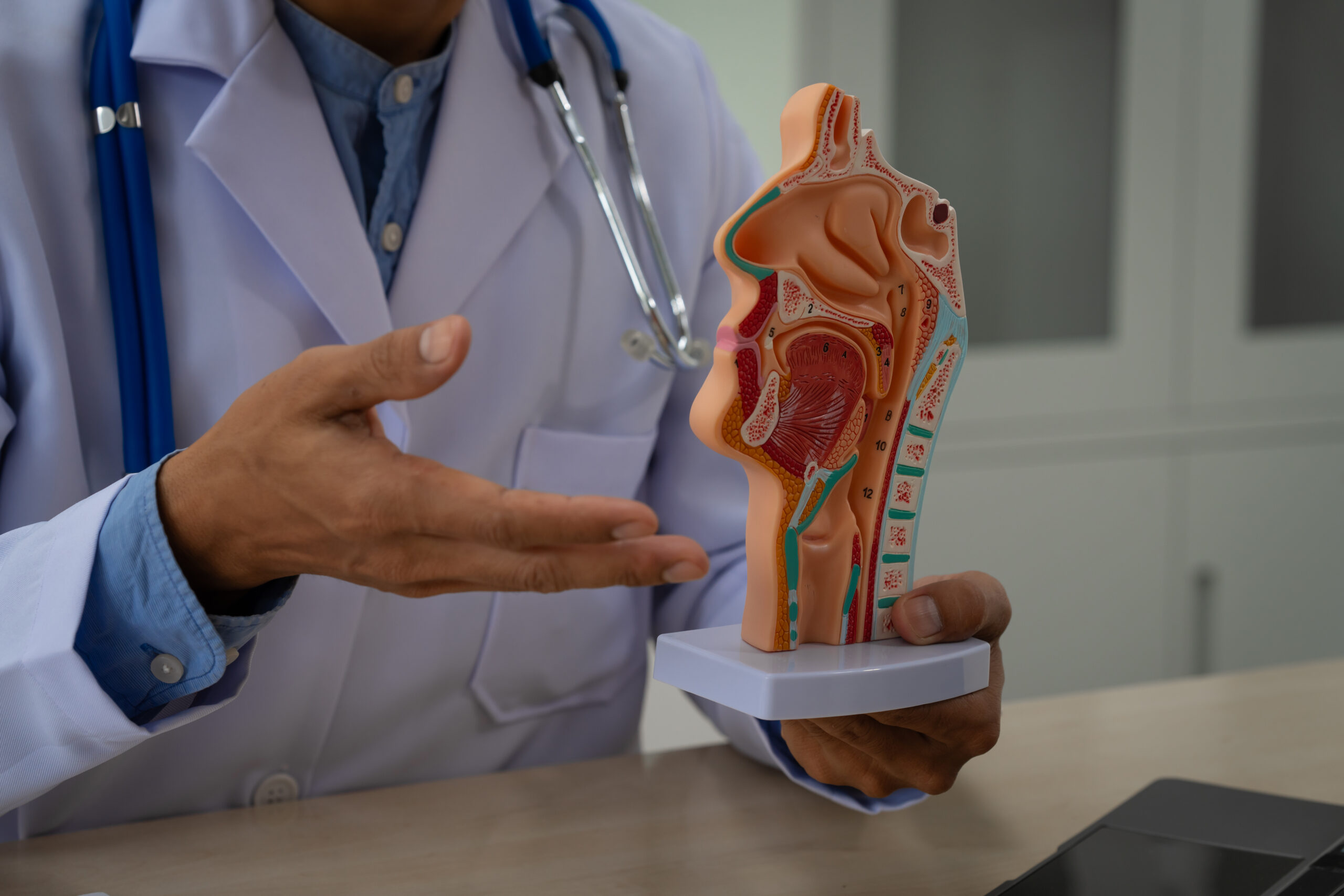Mention the “3 highs” in Singapore, and likely most people will be able to identify them as the 3 chronic conditions of high cholesterol, high blood pressure and high blood sugar. The numbers are significant – about 1 in 3 adults in Singapore have high cholesterol, 1 in 4 have high blood pressure and 1 in 10 is diabetic. More worrying, the numbers have been on a rising trend over the years.
Why is it important to pay attention to these conditions? If unmanaged, these chronic conditions can lead to diseases such as heart disease, type 2 diabetes and stroke with staggering long-term cost implications and impact on quality of life.
SPEAK TO A DOCTOR NOWSPEAK TO A DOCTOR NOW
Implications of the 3 highs
High cholesterol, high blood pressure and high blood sugar damages the blood circulatory system and the organs it supports.
High Cholesterol: With high cholesterol, your body may store the excess cholesterol in your arteries, which can build up and form plaque. This results in your arteries hardening or turning more narrow; and in severe cases, being completely blocked off, which impedes blood flow to important organs.
High Blood Pressure: Blood pressure is the force your blood places on your artery walls as it travels through your body. High blood pressure can eventually cause health problems, such as heart disease, due to the additional strain that is placed on your blood vessels, heart, and other organs.
High Blood Sugar: When there is too much sugar in your blood, fatty deposits may build in blood vessel walls and may eventually cause your blood vessels to harden. This restricts blood flow around your body.
These conditions often go undetected
Unfortunately, there are no obvious symptoms for high cholesterol, high blood pressure and high blood sugar. These conditions often go undetected until the onset of debilitating diseases such as heart attacks, organ damage and loss of sight etc. Survivors find a diminished quality of life after these episodes due to disability, loss of autonomy and financial burden.
Unlike infectious diseases which may have a vaccine or cure, chronic conditions have to be managed with lifelong lifestyle changes and habits. We share 3 things that you can do to prevent chronic conditions from sneaking up on you.
1. Monitor
Weighing Scale
All you need is a weighing scale to help you calculate your Body Mass Index (BMI). BMI can be used as a gauge of whether you are overweight, as obesity is a risk factor for chronic conditions.
| Calculating your BMI
BMI = Your weight in kg / ( Your height in meters x Your height in meters) Healthy range BMI: Within 18.5 to 23 kg/m2 *Assess your weight and BMI at least once every 3 months on your own |
If you find yourself outside of the healthy range, you may want to consider adopting healthier lifestyle habits for better weight management.
Blood pressure monitor
A basic blood pressure monitor can be purchased for around $70 and can save you a lot more in the long run due to early detection.
Your blood pressure readings consists of 2 numbers, the systolic blood pressure (the larger number) and diastolic blood pressure (the smaller number).
| Healthy range
Systolic blood pressure < 130 mmHg Diastolic blood pressure < 80 mmHg *Measure your blood pressure at least once every 3 months on your own |
Annual health screening
Make an appointment for an annual health screening for yourself every year, 2 weeks before your birth day. As we age, we become more susceptible to these chronic conditions so it is good to always be aware of our health status.
There are different health screenings that you should attend based on your age and gender. Alternatively, speak to a doctor to get a better understanding of the tests that you should go for, depending on your lifestyle habits.
Thankfully, Doctor Anywhere makes it convenient to attend health screening. We offer home-based health screening packages, so you won’t even need to step out of home to be aware of your health status.
2. Stay Active
Exercise has many benefits, including lowering your cholesterol levels, the risk of high blood pressure, and is mood-boosting as well. You don’t have to do an all-out, intensive session at the gym or running a marathon. It is more important to maintain consistent, doable effort every week such as:
- Brisk walking 30 minutes 5 times a week
- Achieving 10,000 steps every day
- Attending a class three times a week that you enjoy (e.g. Zumba, kickboxing)
If you haven’t exercised in a while, remember to take it slow. Pushing yourself too hard at the start may lead to injuries instead.
3. Watch what you eat
Adopt a balanced diet, that means:
- More of: Vegetables, fish, lean meats, wholegrains and fruits
- Less of: Processed food, alcohol, sweetened beverages
Changing your diet all at once can be challenging at times. These are three healthy eating tips that will make it easier!
Make a list before you go grocery shopping.
It’s harder to make impulsive decisions to buy snacks and unhealthy processed food if you’re following a pre-planned list. This helps you to stay focused in the supermarket, so that you don’t make any unnecessary purchases.
Hold your dessert order till the end of the meal.
If we order all our items including our dessert at the start, we tend to over order. And when the desserts arrived, we make an attempt to finish it even when we are full. Additionally, if you do want dessert, consider sharing with the people you’re having the meal with.
Drinking water throughout the day
Drinking sufficient water not only helps you stay hydrated, but prevents you from feeling unnecessarily hungry and overeating. There are healthier drink alternatives that you can try out too, although plain water is always best!
Health and well-being is a lifelong journey
The key thing to remember is: Everything in moderation. On most days, we should aim to lead a healthy lifestyle but it’s also alright to let loose and treat yourself once in a while. Listen to your body and what it’s telling you about your health.







